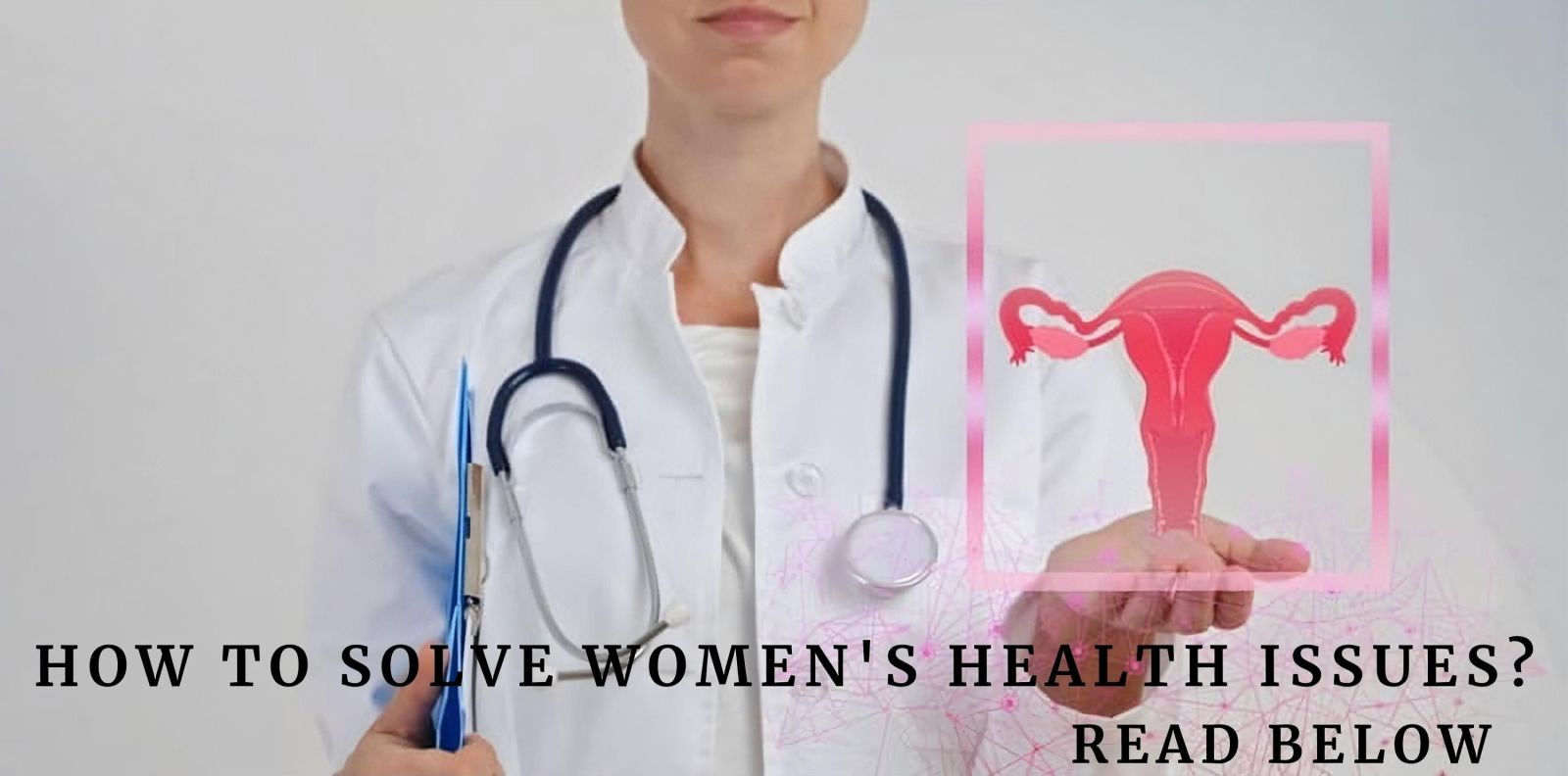Gynecologists appointment
Doctors See all doctors
How do we organize your medical trip?





Gynecologists
A gynecologist is a specialist in women's health. Specifically, this specialist takes care of:
- Contraception;
- Pathological conditions related to the genital tract;
- Issues with the menstrual cycle;
- Conditions related to menopause, diseases of the breast, uterus, ovaries, genital organs, and cancer.
What specialties does a gynecologist specialize in?
A gynecologist also intervenes to regulate hormonal imbalances, provides protection, and informs about sexually transmitted diseases (STDs). Gynecologists monitor and accompany women from sexual maturation to menopause. There are distinctions between medical gynecology and obstetric gynecology. Medical gynecologists do not deliver babies and do not perform surgical operations; they treat abnormalities and dysfunctions of the female apparatus, conduct infertility tests, prescribe contraception, etc. Obstetric gynecologists care for pregnant women and their unborn children, monitor pathological pregnancies, perform cesarean sections, and episiotomies.
When should you consult a gynecologist?
The first consultation with a gynecologist often occurs at the beginning of sexual activity. One of the most common medical reasons to consult a gynecologist is for contraception prescriptions. All women are recommended to have regular examinations by a gynecologist throughout their lives, at least once a year. Gynecologists conduct regular gynecological exams to ensure their patients are in good health. It is recommended to have pap smears every 3 years. From the age of 50, women are also recommended to have mammography.
Consult a gynecologist in case of any female anomalies, such as:
- Painful, irregular, or absent menstruation;
- Pain in the breasts and ovaries;
- Vaginal infections or irritation of the mucous membranes;
- Pain during sexual intercourse;
- Unexplained vaginal bleeding;
- Inappropriate contraception;
- Voluntary termination of pregnancy;
- Fertility issues.
Women may consult this specialist during pregnancy or the menopause period. There are many reasons why a woman might consult this specialist. Consulting a gynecologist does not require further consultation with a general practitioner.
Gynecology: Quick Online Consultations with Uamedtours
For all gynecological issues, teleconsultation can be a quick solution. It is not always possible to quickly get a personal appointment with a gynecologist. In some cases, teleconsultation can be a solution that saves the patient's time. If it is not possible to conduct a gynecological examination remotely online, a gynecological teleconsultation is very useful to discuss contraception, menstruation, pregnancy... or just for reassurance, to ask questions, or to get advice.
Uamedtours connects patients with specialists and gynecologists. The waiting time is minimized to ensure prompt treatment. All contacts are made without a prior appointment, so there is no need to wait. As soon as you need a consultation, just go to the Uamedtours website and wait for a gynecologist to see you.
To save your time, Uamedtours offers you to fill out a medical questionnaire online, which will help direct your treatment. The gynecologist can communicate with the patient in a specially designated place on Uamedtours. If the specialist prescribes treatment, it will be available in digital format in the patient's cabinet. After that, the patient goes to the pharmacy to get the medication. It's quick and easy!

How much does a gynecologist appointment cost?
A comparative price table for certain gynecological services.
| Name of service | Price (EUR) | Country |
| Gynecologist consultation | 25 | Ukraine |
| Ultrasound of internal organs | 20 | Ukraine |
| Gynecological checkup | 63 | Ukraine |
| IUD placement (without spiral) | 40 | Ukraine |
| Pregnancy management (per month) | 115 | Ukraine |
| Colposcopy | 15 | Ukraine |
| Gynecologist consultation | 70 | Turkey |
| Ultrasound of internal organs | 75 | Turkey |
| Gynecological checkup | 500 | Turkey |
| IUD placement (without spiral) | 100 | Turkey |
| Pregnancy management (per month) | 130 | Turkey |
| Colposcopy | 70 | Turkey |
| Gynecologist consultation | 150 | Georgia |
| Ultrasound of internal organs | 175 | Georgia |
| Gynecological checkup | 175 | Georgia |
| IUD placement (without spiral) | 188 | Georgia |
| Pregnancy management (per month) | 150 | Georgia |
| Colposcopy | 800 | Georgia |
| Gynecologist consultation | 55 | Poland |
| Ultrasound of internal organs | 55 | Poland |
| Gynecological checkup | 475 | Poland |
| IUD placement (without spiral) | 115 | Poland |
| Pregnancy management (per month) | 155 | Poland |
| Colposcopy | 70 | Poland |
| Gynecologist consultation | 250 | France |
| Ultrasound of internal organs | 250 | France |
| Gynecological checkup | 900 | France |
| IUD placement (without spiral) | 125 | France |
| Pregnancy management (per month) | 200 | France |
| Colposcopy | 190 | France |
What gynecological examinations are conducted?
Gynecological exams are crucial for women's health. Therefore, it is important to choose a specialist with whom you feel comfortable, especially when discussing sensitive issues such as contraception, pregnancy, sex, or menopausal problems. Typically, this is a gynecologist, but you can also consult a general practitioner, nurse, midwife, or physician assistant. A gynecological examination consists of two parts:
- A consultation with the gynecologist to discuss medical history and any symptoms;
- A gynecological examination.
By "gynecological examination," physicians specifically mean the examination of a woman's reproductive system. This also includes an examination of the breasts. If necessary, and with the patient's consent, a pelvic organ examination may also be conducted. During this examination, it is important to inform the gynecologist about any pain experienced. Additionally, women should completely empty their bladder before the consultation, as a urine sample may sometimes be collected to assess urination. The examination may also include:
- Palpation of the neck and thyroid gland;
- Examination of the skin for spots, lumps, pimples, excessive hair growth, etc.;
- Examination of the breasts to detect any abnormalities such as lumps, irregularities, skin retraction, discharges, etc. The gynecologist can also teach the patient how to perform self-palpation;
- Abdominal palpation;
- Examination of the groin for hernias or lymph nodes.
What is a gynecological examination?
A pelvic organ examination is necessary when:
- A woman has pelvic pain or other symptoms;
- For screening for cervical cancer or any other disease, such as a sexually transmitted infection (STI).
In general, regular cervical cancer screening tests are recommended starting at age 21. It is also advisable to frequently have smear tests if possible.
Pelvic organ examinations may include:
- Assessment of external and internal reproductive organs;
- Sometimes a rectal examination (digital rectal examination) is conducted.
A pelvic examination can detect any pathologies of the internal and external genital organs, such as inflammation, abnormal coloring, or discharge. This examination can also detect hormonal issues, infections, injuries, or signs of sexual violence. During the medical examination, the gynecologist separates the labia surrounding the vaginal opening to inspect it. Using a speculum to widen the vaginal walls, the doctor examines the vagina and cervix.
During the examination, a swab may be taken to obtain a sample of vaginal secretion. Several samples may be taken, for instance, for screening for cervical cancer or STIs such as HPV. Finally, the gynecologist palpates the ovaries. Patients may feel slight discomfort, but any pain is abnormal and should be reported to the healthcare provider.
How to quickly schedule an appointment with a gynecologist?
There are several ways to schedule an appointment with a gynecologist:
- Ask your primary care physician or friends for recommendations to find a trustworthy gynecologist. After that, you can check their availability.
- Ensure you are properly insured under the National Health Insurance and your mutual insurance company to receive a gynecological consultation.
- Book an appointment online through a medical platform.
- Contact the medical secretary by phone to schedule an appointment based on the doctor's availability.
- An online consultation is also an option when there is no need for a pelvic examination. Given the importance of gynecological health, it is advisable to regularly consult with a gynecologist, especially if you experience any suspicious symptoms. Screening tests can be conducted annually, and gynecologists can also offer assistance and advice on prevention and sexual health.
Benefits of using Uamedtours services in gynecology
Online gynecological consultations have many advantages. While face-to-face consultations may intimidate some patients who are not accustomed to gynecologists, online consultations can be more reassuring and more accessible. Naturally, these two types of consultations complement each other.
As soon as a woman is ready to speak with a gynecologist, she can visit the Uamedtours website to establish direct contact. In case of abnormal symptoms, menstrual cycle issues, pain, or anything else, there is no need to wait for an appointment - treatment occurs as quickly as possible.
The service is fast and functional. Doctors listed in the Uamedtours directory are caring and attentive to their patients' needs and can adjust the treatment course if necessary. Teleconsultation on Uamedtours is particularly convenient for contraception, renewing contraceptives, getting advice...
Take care of yourself by regularly consulting with a gynecologist. Uamedtours doctors are always ready to talk to you whenever you need it.







.png)







.png)

.png)







